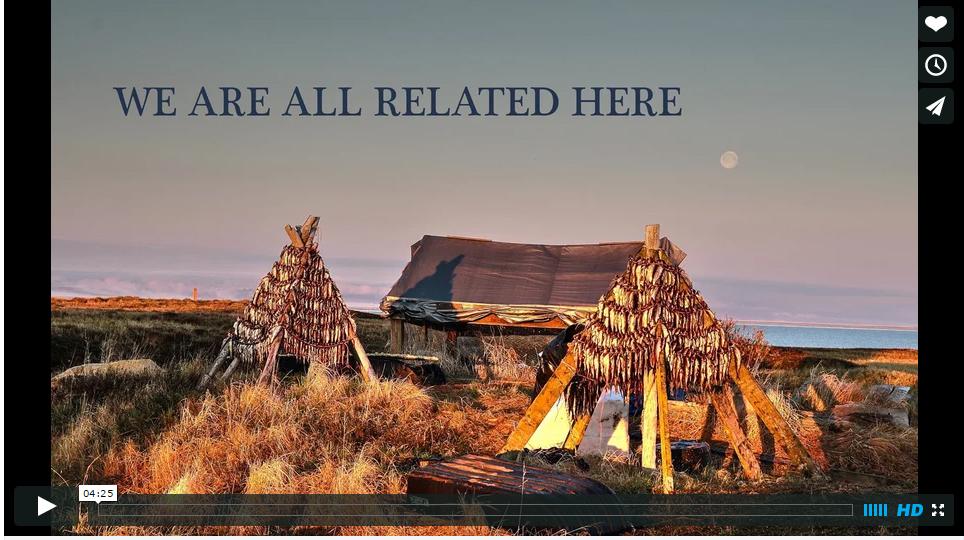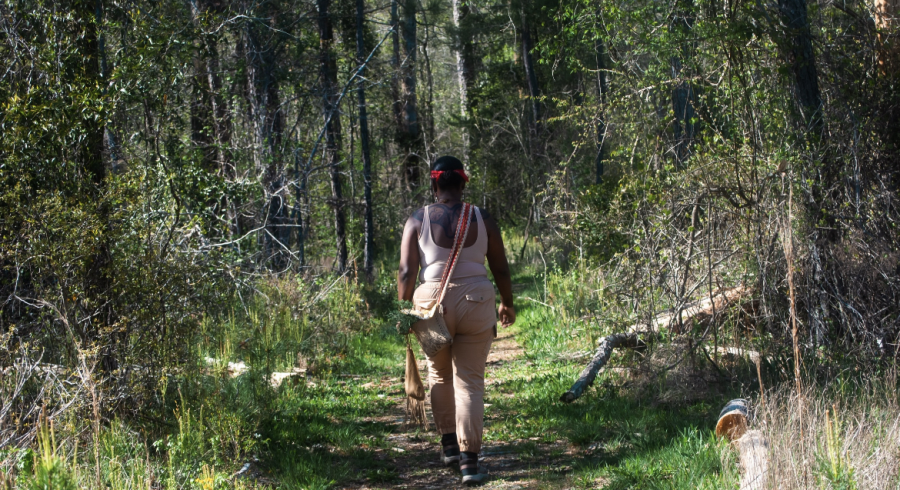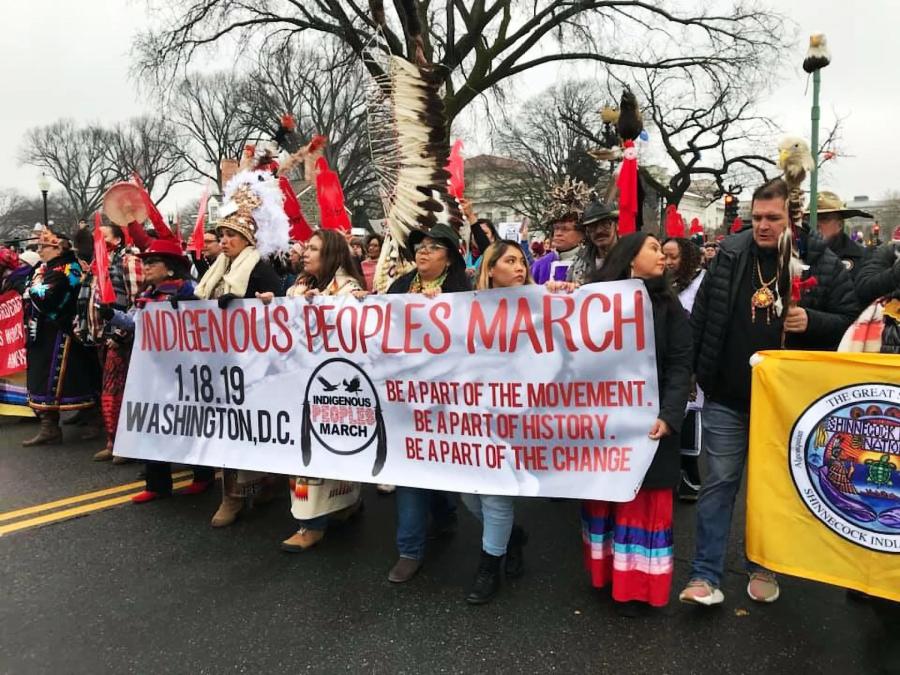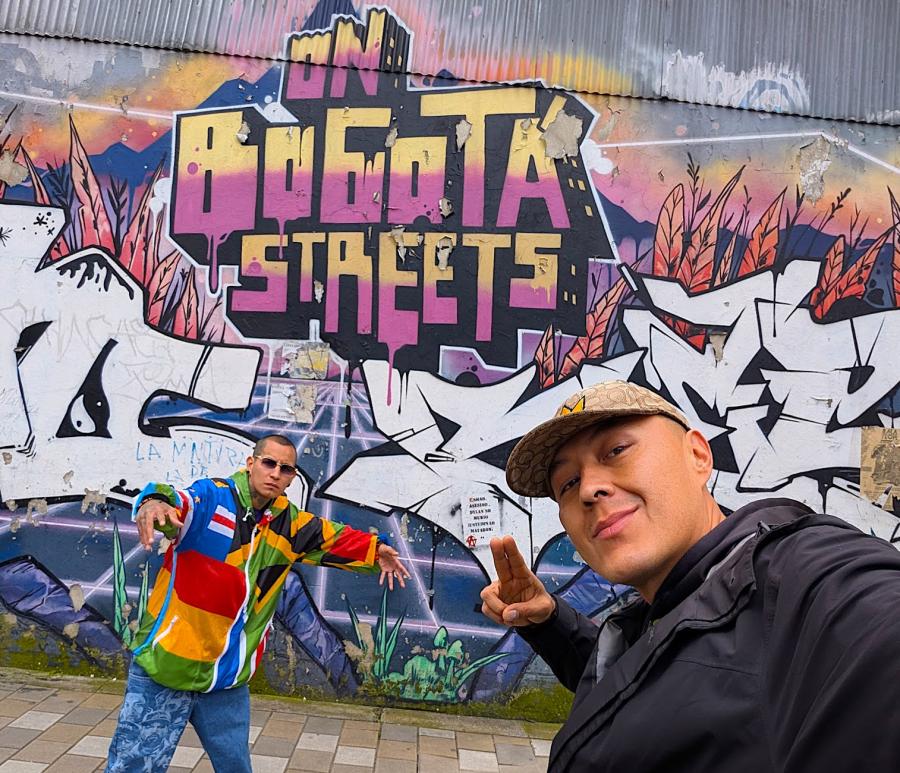
By Cory Champer
“We Are All Related Here” by Brian McDermott documents the story of the Yup’ik people of Newtok, Alaska, who are being called the first “climate refugees” of the United States since they must relocate their village due to the erosion and flooding they are experiencing as a result of global warming. The film explains that climate change has accelerated the rates of erosion and flooding, thus making the ice and land disappear.
Newtok has a population of 375 people and around 65 homes. The film exposes the alarming fact that over 200 other Alaska Native villages are facing similar problems with 86% of Alaska Native villages being affected by erosion and flooding. “We Are All Related Here” includes interviews with residents of the village, a human rights attorney and research scientist of arctic biology, the deputy regional director at the US Geological Survey in Alaska, and a planner with the state of Alaska in charge of helping the village to relocate.
"WE ARE ALL RELATED HERE" Trailer from EmpathyWorks Films on Vimeo.
We learn about the history of Newtok, the Yup'ik people, and witness their traditional ways of hunting, fishing and dancing in a village where the Yup'ik language is spoken fluently by the elders and children alike. Carl Markon, the director of the Alaska Science Center, provides the context for the environmental changes taking place in Newtok and we find out that the permafrost foundation upon which Newtok is situated is eroding and the village is flooding and sinking. We learn from government planner Sally Cox about the difficulties with securing the necessary funding for the relocation of the village while Robin Bronen, the Executive Director of the Alaska Institute for Justice and a Senior Research Scientist at the Institute of Arctic Biology at the University of Alaska, addresses the limitations of the current disaster relief legislation and the implications for those being threatened by climate change disasters.
In the film, we find out that the Yup’ik people of Newtok are hoping to relocate to Mertarvik, where there are currently three homes and only a foundation for an evacuation center. It turns out that the Alaska Native village has been having a hard time getting funding for relocation. We learn that the Yup’ik people of Newtok have been planning to move since around 1994, and acquired land to move to in 2003—but that getting assistance and funding to build the necessary infrastructure at the relocation site has been a long process. And time is running out. According to the US Army Corps of Engineers, by 2017, the land beneath the central hub of the village, the Newtok School, will erode as the waves of the Ninglick river encroach.
“We’ve been here 10,000 years, so we need to make sure the next generation knows how to live in this place,” says Grant Kashatok, the principal of the Newtok School. Several villagers reflect on how the land used to look, saying they would walk four or five miles, about two hours, to get to the beach. There used to be lakes and ponds where wildlife would gather. But now, the beach is gone and it only takes five minutes to get to the water. Andy Patrick, President of the Newtok Traditional Council expresses his worst fear: the ice coming over the land.
The documentary gives viewers an inside look as to what the Yup’ik people are learning to deal with, live with, and shows how climate change is affecting everyone.
“We as a society, we as government representatives, are completely unprepared for the way climate change is going to affect the habitability of the places where we live, and work, and millions of people, all over the world, are going to be forced to leave their homes and relocate because of climate change impacts,” says Robin Bronen, the Executive Director of Alaska Institute for Justice.
“We Are All Related Here” is an educational and eye-opening film that contributes to the message of being environmentally aware and depicts what harm climate change has done and will continue to do to our planet, our homes, and ultimately our lives.
For more information about the film, Like/Follow the We are still here Facebook page.



